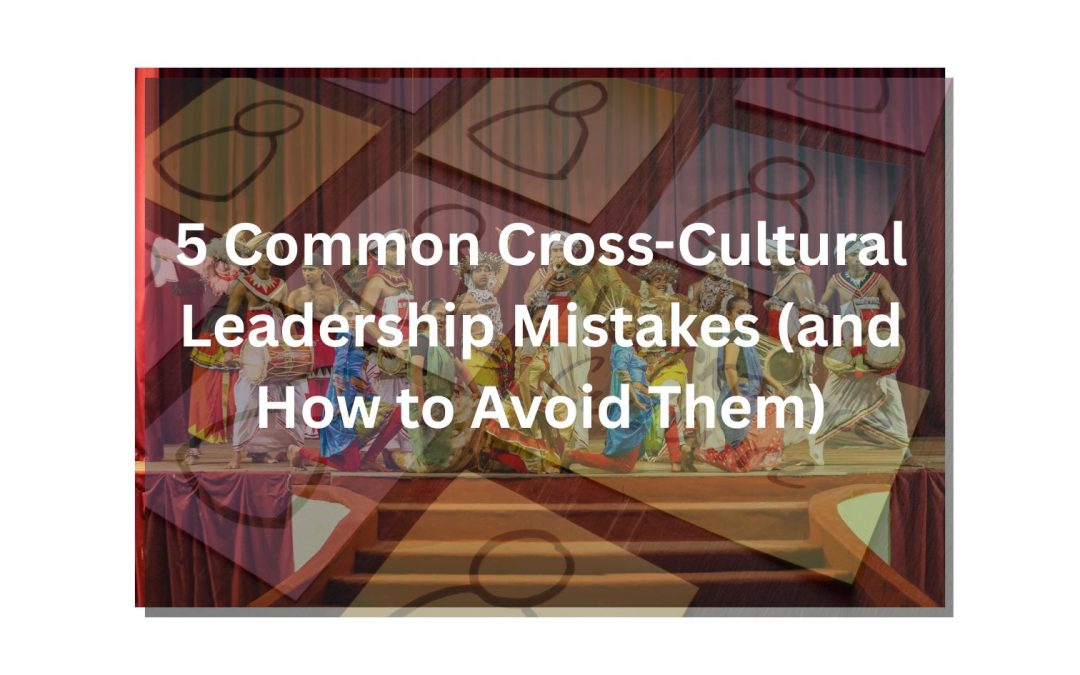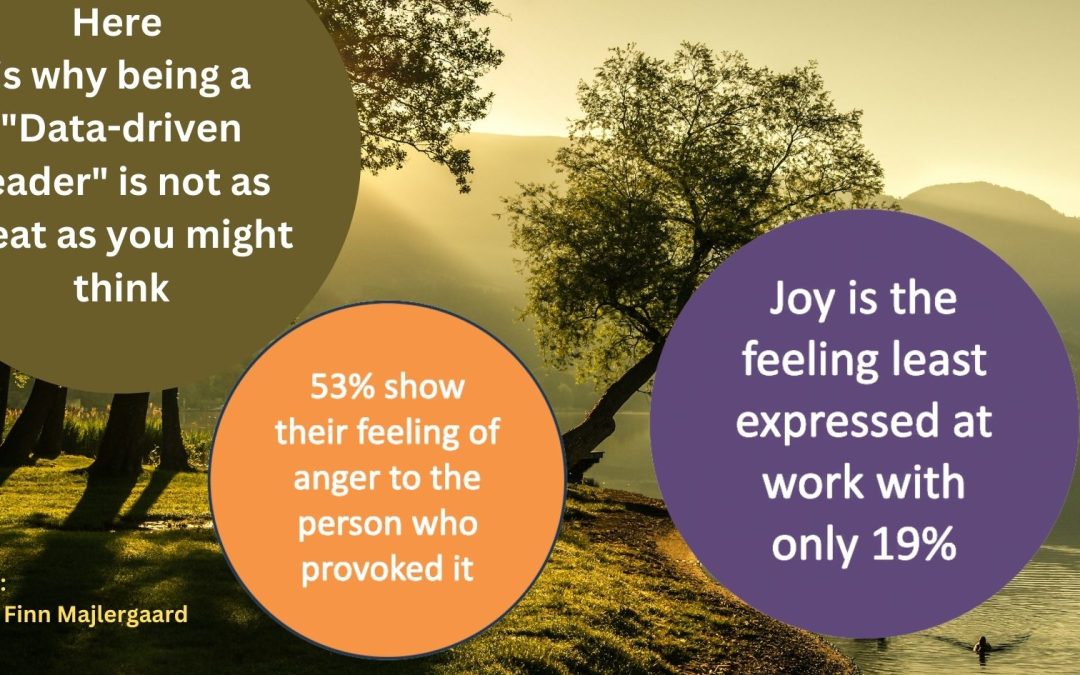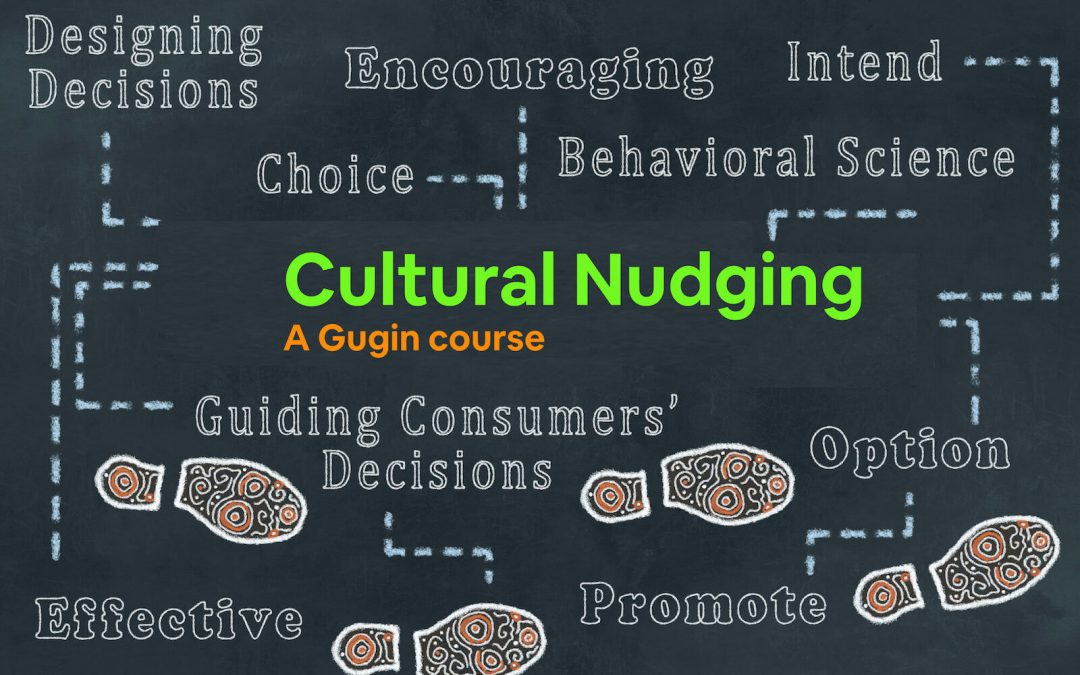Culture beyond the basic concept of folklore is a complex heritage for all human beings. We learn first from our parents, then our family and relatives, and then the environment around us. Culture is transmitted through the process of learning and interacting with one’s environment, rather than through genetics. (G. Ferraro)
We have discussed national and corporate culture issues all time in different scenarios, the landscape of their differences and the ways in which people cope with them. When we are developing culture competency, one of the first questions is: How can I do it? And the first answer we should give is — just start.
By starting, we mean to simply become aware of our differences and diversity and how they affect the way we behave within an organization, region or country. To see that we are different from others is possible simply when we interact with someone from another culture. Diversity becomes evident in the way we talk, the different words we use for the same thing, the preferences in food, etc.
All of us are learning continuously through our interaction with the environment. As culture is a powerful influence of behavior and is systematic and organized and shared, it intrinsically relates a group of people who share, believe, or trust in the same values and behavior.
For example, we Latin Americans all know the avocado from our first years at home. We could infer maybe 90 percent of us have tasted an avocado at some time with our parents. Thus there would be no doubt that the way they “taught” us it “should” be eaten was the only and correct way. For a Brazilian, you probably first tasted an avocado with milk and sugar in a delicious drink. However, it’s a different situation if your parents are Chilean or Mexican. For a Chilean “palta” goes perfectly in a mashed preparation over bread for breakfast or a hot dog called “completo”, thus implying that a hot dog without palta is missing something. For Mexicans, they are used to eating mashed avocado as guacamole, a dip over food. Here we have a clear example of our cultural influence in a specific behavior that changes from one society or nation to another.
For foreigners visiting Brazil, their first culinary experience very often is to try caipirinha and feijoada. And of course, the first sip is contagious with joy, and the feijoada the perfect complement. But can you imagine the difference when a foreigner is invited to taste a delicious drink made of avocado? This is the starting point of the development of cultural competency, the awareness that for Brazilians avocados remind their first experiences of sweetness, while for other cultures, the avocado is salty.
What would you do if your foreign guest does not enjoy your delicious avocado cream? What would you do if your host to close a very important negotiation offers you an avocado drink and you simply cannot swallow it? These are simple but real challenges for international negotiators facing cultural diversity everywhere.
Maryori Vivas

5 Common Cross-Cultural Leadership Mistakes (and How to Avoid Them)
Learn the top 5 mistakes leaders make when managing multicultural teams — and how to avoid them. Expert advice from Gugin’s cross-cultural leadership specialists.

Are the value statements on your corporate website real?
Sure! Here’s a more engaging, conversational, and personal version of your article, while keeping the original message and credibility intact: Why Your Company’s Values Aren’t What You Think They Are Let’s be honest—we’ve all been there. Sitting through yet another...

Here is why being a “Data-driven leader” is not as great as you might think
This article is about the hidden pitfalls of being a purely data-driven leader and why relying solely on numbers can lead to poor decision-making. While data is valuable, true leadership also requires emotional intelligence (EQ) and cultural...

Changing Corporate Culture With Cultural Nudging
What is Cultural Nudging Cultural nudging is a concept where we can alter people's behaviour in a predictable way without forbidding them to choose other options. It is used a lot in architecture where you want people to move in a specific way and pace in a building....

Why Fighting Climate Change has to be embedded in Corporate Cultures
Fighting climate change has to be embedded in the corporate cultures for a number of reasons. Learn why and how you change the corporate culture